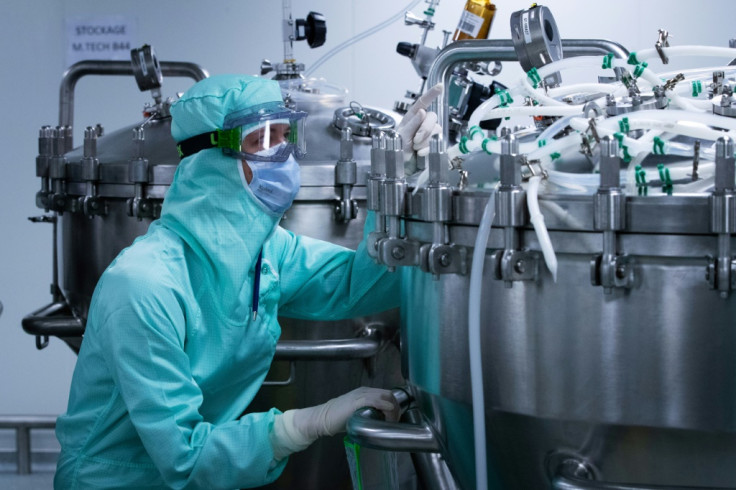Results of Oxford coronavirus vaccine phase one trials are in; findings are promising
What sets it apart from other candidates is how it stimulates the production of not only the required antibodies but cytotoxic T cells.
A few days ago, Cambridge, Massachusetts-based biotechnology firm, Moderna, reported favourable results from early-stage human trials of its experimental vaccine for SARS-CoV-2. It was even lauded by Dr. Anthony Fauci, a prominent expert on infectious diseases, which describes it as "good news" amid the health crisis. This was followed by another announcement from the Oxford Vaccine Group which reported promising results from its own immunisation studies. As promised by the researchers, the outcome from the first phase of testing has been made public an it is purportedly promising.
The findings from the initial stages of the 2019 novel coronavirus vaccine trials were submitted to the scientific journal The Lancet. It apparently met expectations when the inoculation generated the desired immune response in volunteers. The University of Oxford is working closely with British-Swedish pharmaceutical company AstraZeneca. The latter was recently funded by the U.S. government $1.2 billion to fast-track the development of the vaccine.
Aside from the production of antibodies that will theoretically prevent 2019 nCoV infections, the vaccine did not produce any adverse effects in human subjects. Oxford Jenner Institute director Professor Adrian Hill stated: "What we're reporting today is the result of a phase 1 trial in over 1000 people looking at how well this vaccine performs both in terms of its safety, which is good and its immune responses which are pretty exciting."
Provided the remarkable performance and tolerability of the vaccine labelled as AZD1222, researchers look forward to seeing how well it does in a massive third-phase study. Meanwhile, what sets it apart from other candidates is how it stimulates the production of not only the required antibodies but cytotoxic T cells as well. The latter is responsible for destroying cells that have been infected by the coronavirus.

A related study conducted on COVID-19 patients who recovered show that the antibodies faded alarmingly quick, which hints that reinfection might be possible. Therefore, the presence of T cells can make a big difference in the quest for immunisation. "It's about the robustness and longevity of the response," explained Children's Hospital of Philadelphia vaccine expert specialist Dr. Paul Offit. "What people are worried about that just focusing on antibodies to the spike protein, that it would be short-lived if there were not to be a vigorous T helper response."
© Copyright IBTimes 2025. All rights reserved.





















